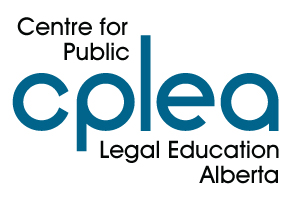The Alberta Mental Health Patient Advocate is an independent, provincial investigative body legislated under the Mental Health Act. The Patient Advocate protects the rights of persons and investigates and resolves complaints related to the detention, treatment, care and rights of individuals subject to admission or renewal certificate/s or a community treatment order under the Act, and those acting on their behalf. The office also serves as a resource to the mental health community through education services and to policy and law makers by bringing a unique perspective
Alberta Resources
The Canada West Foundation is an independent, non-partisan, non-profit public policy research institute dedicated to introducing western perspectives into current Canadian policy debates through: the production and dissemination of objective research to serve as a catalyst for informed public debate; and initiatives for active citizen education and engagement in the Canadian public policy process.
The Coalition for Equal Access to Education promotes knowledge and dialogue about issues affecting K-12 ESL learners. The Coalition researches and shares information with government, education and community stakeholders via publications, presentations, workshops, public fora and media.
Canada/Federal
The Conference Board helps its members to anticipate and respond to the increasingly changing global economy. It does so through the development and exchange of knowledge about organizational strategies and practices, emerging economic and social trends and key public policy issues. The Conference Board shapes debates through impartial analysis of key public policy issues.
The Assembly of First Nations (AFN) is the national representative organization of the more than 630 First Nations in Canada. The AFN works through facilitation and coordination of national and regional discussions and dialogue, advocacy efforts and campaigns, legal and policy analysis and communicating with governments. Policy areas include: Aboriginal and Treaty Rights, Economic Development, Education, Languages and Literacy, Health, Housing, Social Development, Justice, Taxation, Land Claims, the Environment and more.
Founded in 1980, the Canadian Centre for Policy Alternatives is an independent, non-partisan research institute concerned with issues of social, economic and environmental justice.
CCSD is a not-for-profit organization that partners and collaborates with all sectors (not-for-profit, philanthropic, government and business) and communities to advance solutions to today’s toughest social challenges. They are neutral, non-partisan, non-governmental and independent. Their mission is: Nation building through evidence, collaboration and design.The Canadian Council on Social Development (CCSD) is a non-governmental, not-for-profit organization, which was founded in 1920. The CCSD mission is to develop and promote progressive social policies inspired by social justice, equality and the empowerment of individuals and communities. They do this through research, consultation, public education and advocacy.
The Canadian Labour Congress brings together Canada's national and international unions, the provincial and territorial federations of labour and community based labour councils. They provide research and policy leadership on issues that impact all working people, political advocacy for policies and programs that improve the lives of all Canadians, education programs and community organizing.
Canadian Medical Association policy describes the Association’s positions on issues relevant to the Canadian healthcare system, medical education, the practice of medicine, and issues of importance to Canadian physicians and their patients. CMA policy serves to inform decisions and actions of Canadian physicians, lawmakers, health policy decision makers, other health professionals, and the general public. This is a fully searchable database containing the full text of all current CMA policy.
The Centre for Innovation Law and Policy (CILP) examines the interface between technology and law. A multi-faceted and interdisciplinary research centre at the University of Toronto, the CILP primarily focuses on intellectual property, cyberlaw, and privacy, as well as telecommunications and biotechnology law. The centre sponsors conferences, public lectures, seminars and other events.








Follow CPLEA